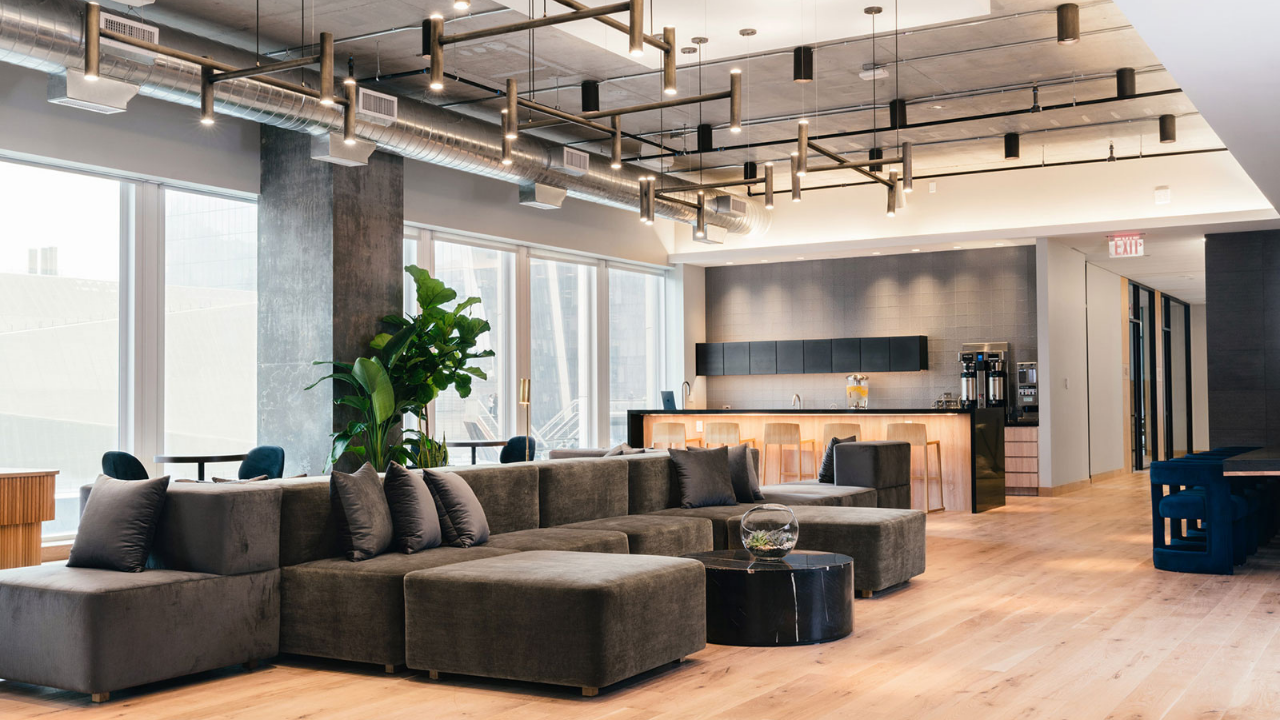Our ability to adapt and stay agile was put to the ultimate test last year. Quickly, working from home and video conferences became the norm, while many employees enjoyed their newfound freedom of flexibility.
So where do we go from here? While it is clear that remote working policies will continue to play a role in how companies operate in the future, workers have expressed wanting some type of office space to come into.
“As people move toward freelancing and more flexible styles of work, coworking is a significant shift in the way people purchase office space,” said Matthew Ciccone, CEO of Pittsburgh-based coworking firm Beauty Shoppe.
Coworking spaces are ideal as they allow struggling remote workers to have a space to come into to get away from the distractions of home, while also providing access to office amenities they may not have.
Additionally, coworking spaces have long taken pride in supporting a sense of community, which is hard to replicate virtually.
“We’re all about bringing people together to exchange and learn from one another,” said Hannah Ashford, director of community at Factory Berlin. “Our community spaces are designed to maximise these opportunities, and our locations are the hub of our community, a place to experience the events, programs and networking in-person, and somewhere you can encounter the serendipitous connections that fuel inspiration and innovation.”















